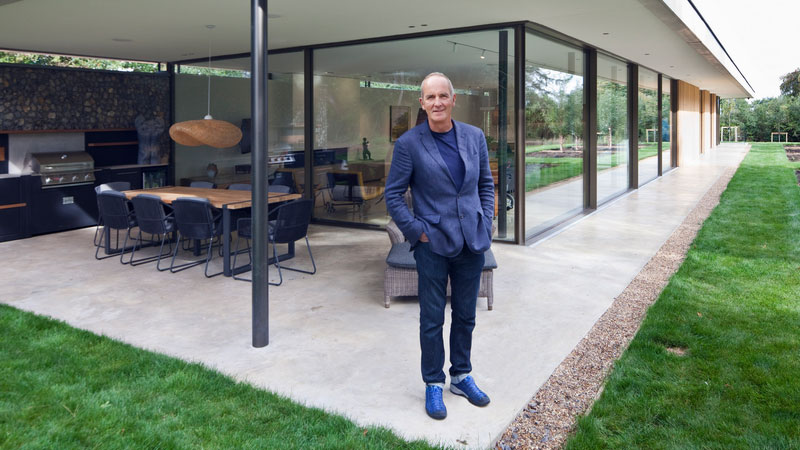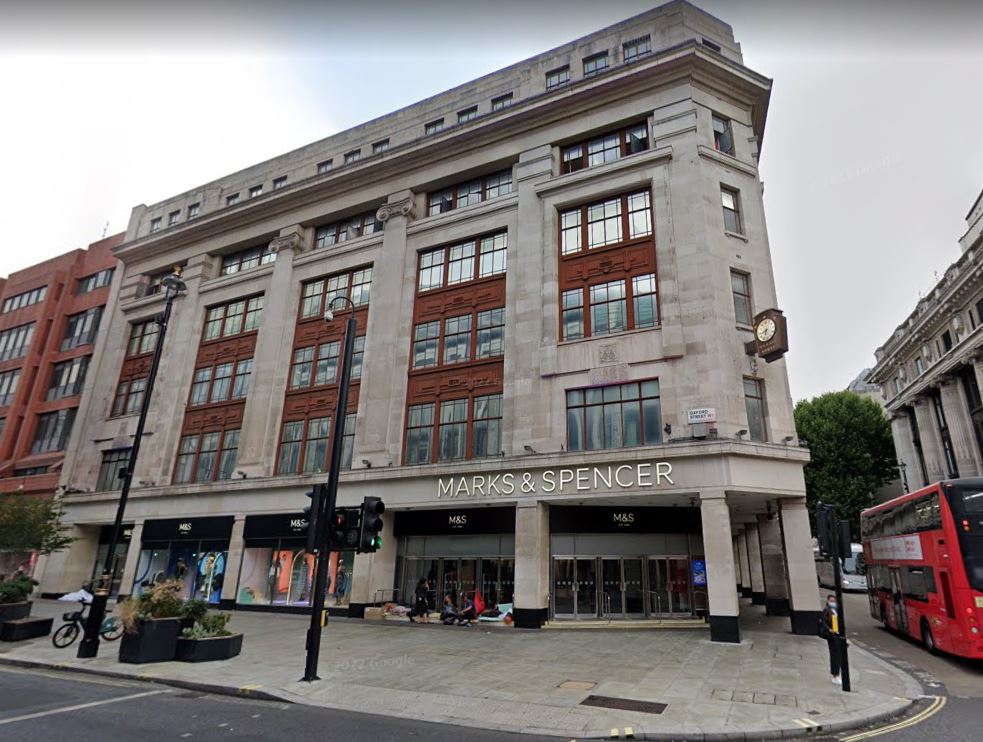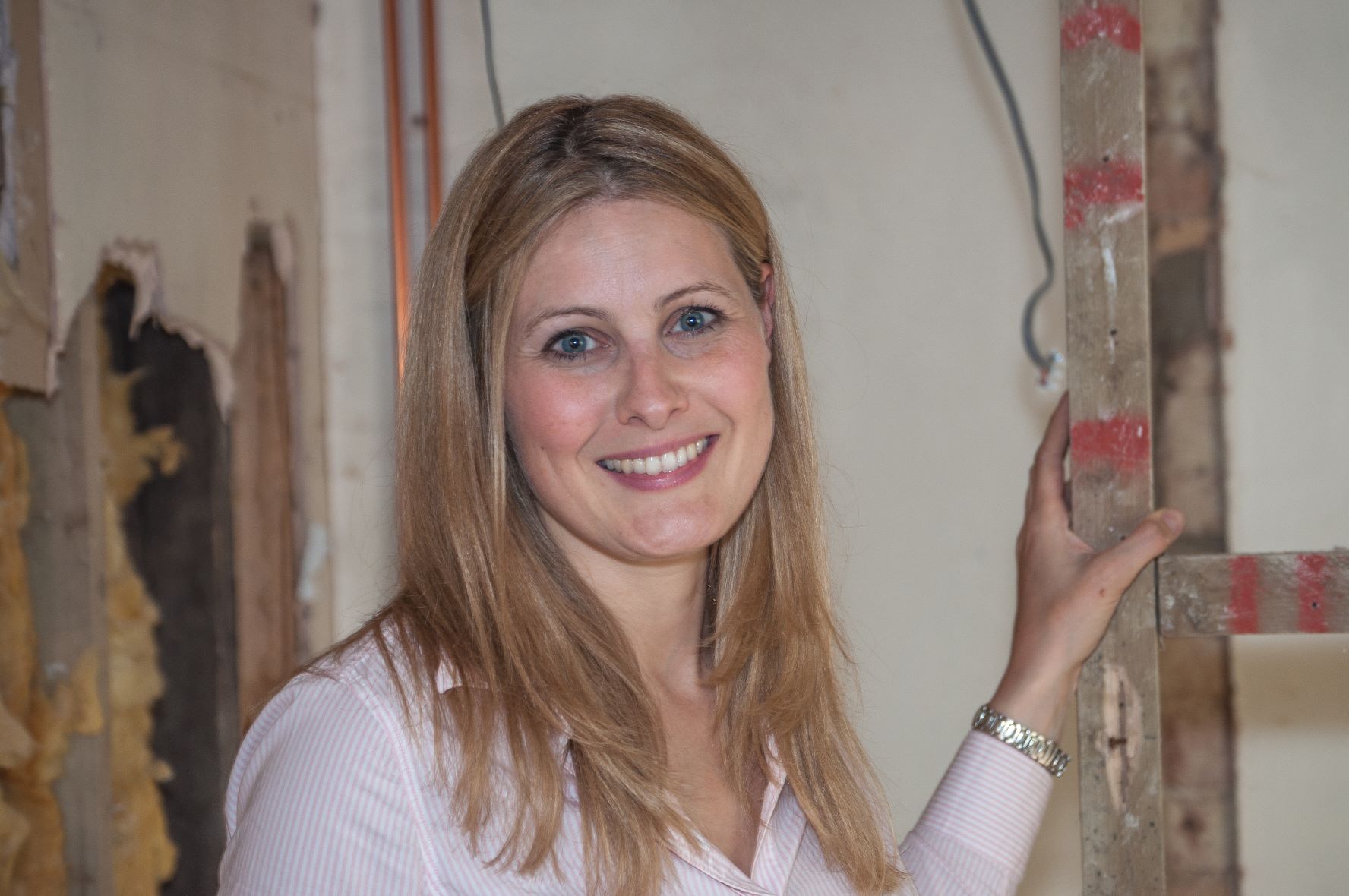Here's why Kevin McCloud backs calls for a 'Grade III' listed building status
Grand Designs presenter agrees with proposals for a further type of listing status – Grade III – that would automatically apply to all UK homes and buildings

Kevin McCloud has backed calls for a new Grade III listed building status to protect sound buildings from being demolished.
The Grand Designs host said it could only be a "good thing" for a switch to ensuring buildings are reused rather than knocked down to make way for entirely new structures. He pointed out the benefits to the environment and called some demolition "creative laziness".
"It’s just lazy," Kevin McCloud explained. "You just haven’t thought about it and I think there is no excuse for that sort of intellectual or creative laziness. What it suggests is a complete lack of imagination."
Under the new Grade III listed building proposals, permission would be needed before razing a building to make way for a new structure.
What would Grade III listing status look like?
The idea of Grade III listed building status was first put forward by structural engineer and writer Will Arnold in November. A Grade III listing status would be applied to all unlisted buildings in the UK, thought to be around 25 million, to protect them from needless demolition.
He explained that around 50,000 building in the UK are being knocked down each year to make way for new structures — not always necessarily because they are structurally unsafe, but because it is often easier and sometimes cheaper to demolish and rebuild. As a result, there is more embodied carbon being unnecessarily produced.
"Now that concern for the environment is front and centre alongside the aforementioned social and economic considerations, it is time to refresh the Town and Country Planning Act and introduce a Grade III status," he wrote in an article for The Architects' Journal.
Get the Homebuilding & Renovating Newsletter
Bring your dream home to life with expert advice, how to guides and design inspiration. Sign up for our newsletter and get two free tickets to a Homebuilding & Renovating Show near you.
"The status would apply automatically to every building and it would come with just one rule: the property may only be demolished if it is structurally unsafe, or is given special dispensation by the local planning authority."
"To avoid overburdening SMEs, its initial introduction may only apply to major properties (for example those with a net internal area of more than 1,000m2) and would still allow us to alter layouts, strengthen foundations, add new floors and upgrade façades… But the restriction on demolition would at last enable us to make rapid inroads towards slashing construction’s huge carbon footprint." he added.
Historic England, which is responsible for listing historic buildings, agreed that reusing buildings rather than knocking them down could be a "powerful way to reduce our carbon footprint".
And now Kevin McCloud is adding his celebrity architectural weight to the proposals.
Why McCloud is backing calls for Grade III status
The 63-year-old Channel 4 television presenter said an automatic safeguard was now necessary to switch builders' and developers' mindsets from demolition to reuse.
He explained his reasoning to The Times newspaper: "We undermine our cultural identity by removing the great signifiers of it.
"If you want a resilient culture or society, then that is a society which is proud of where it lives, of what it’s built of, what it’s done and wants to make use of it."
He used the example of Marks and Spencer planning to demolish and rebuild its store in Oxford Street, London. The building is not structurally unsound, but it is being rebuilt for ease and affordability.


Amy spent over a decade in London editing and writing for The Daily Telegraph, MailOnline, and Metro.co.uk before moving to East Anglia where she began renovating a period property in rural Suffolk. During this time she also did some TV work at ITV Anglia and CBS as well as freelancing for Yahoo, AOL, ESPN and The Mirror. When the pandemic hit she switched to full-time building work on her renovation and spent nearly two years focusing solely on that. She's taken a hands-on DIY approach to the project, knocking down walls, restoring oak beams and laying slabs with the help of family members to save costs. She has largely focused on using natural materials, such as limestone, oak and sisal carpet, to put character back into the property that was largely removed during the eighties. The project has extended into the garden too, with the cottage's exterior completely re-landscaped with a digger and a new driveway added. She has dealt with de-listing a property as well as handling land disputes and conveyancing administration.
